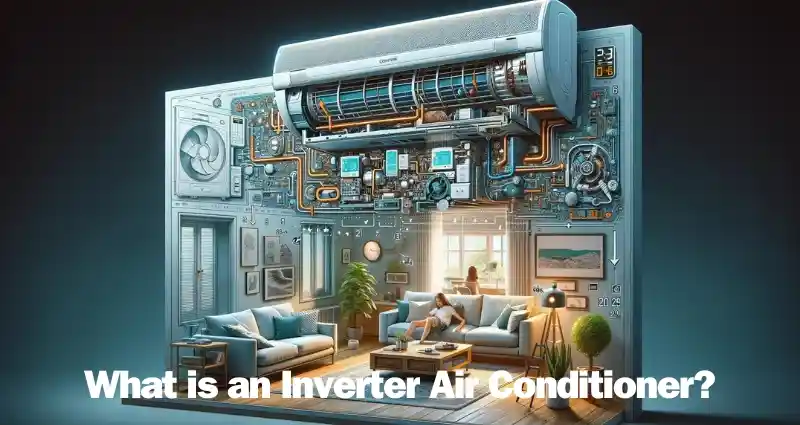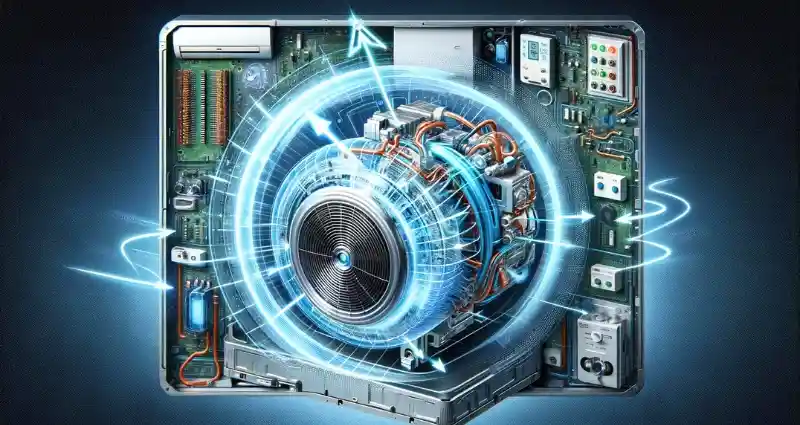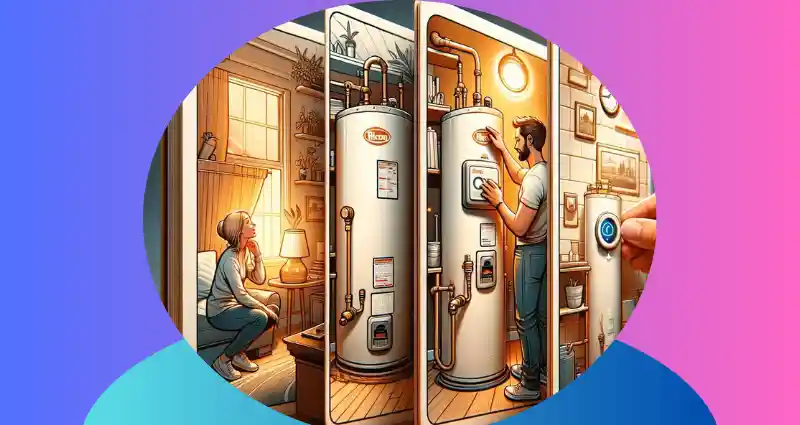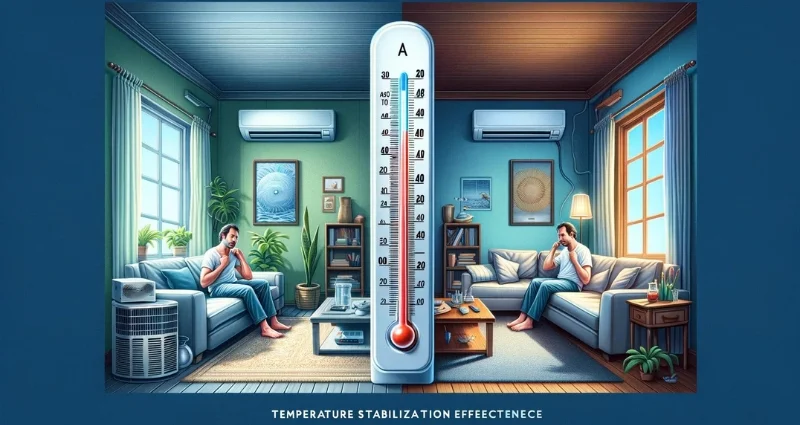An inverter air conditioner adjusts its compressor speed to control the temperature continuously. This technology is energy-efficient and provides consistent indoor comfort.
An inverter air conditioner stands out from conventional AC units with its ability to regulate power usage by varying the motor speed. Unlike traditional air conditioners that switch the compressor on and off abruptly, inverter models smoothly ramp up or down their compressors.
This not only ensures a stable room temperature but also reduces energy consumption, leading to lower electricity bills. The precise control extends the life of the inverter AC by minimizing the wear and tear associated with the constant cycling of the compressor.
With these benefits, inverter air conditioners represent a smart investment for anyone looking to cool their space effectively while also being mindful of their energy footprint.
The Basics Of Inverter Air Conditioners

An Inverter Air Conditioner incorporates advanced inverter technology that modulates the speed of the compressor to regulate the temperature continuously.
Traditional air conditioners switch the compressor on and off to maintain the desired temperature, but inverter ACs adjust the compressor’s speed without turning it off completely, resulting in less power consumption and greater efficiency.
- Energy Efficiency: By varying compressor speed, inverter air conditioners reduce power consumption, contributing to lower electricity bills and energy conservation.
- Consistent Cooling: The precise control of the compressor speed ensures constant and consistent room temperature, enhancing user comfort significantly.
- Noise Reduction: The gradual speeding up and slowing down of the compressor in inverter ACs leads to quieter operation, making them more suitable for noise-sensitive environments such as bedrooms and study rooms.
The benefits of Inverter ACs are apparent in their performance and impact on utility costs. By delivering a more energy-efficient and ecologically friendly cooling solution, inverter technology defines the cutting-edge of climate control in modern living spaces.
Credit: www.lg.com
How Inverter Acs Work

The core of an Inverter Air Conditioner’s functionality lies in its innovative compressor design; unlike traditional units, an Inverter AC’s compressor does not operate at full power constantly.
Instead, it uses advanced electronics to modulate the motor speed, thus allowing for gradual adjustments in the compressor’s output. This mechanism enables the air conditioner to maintain the desired temperature without the inefficiencies of cycling on and off.
Variable Speed Operation is a hallmark of Inverter ACs, leading to greater energy efficiency and quieter performance.
By operating across a range of speeds, these air conditioners precisely control the refrigerant flow and thus, effectively regulate the interior climate according to user demand.
During the Cooling Cycle Process, the Inverter AC continuously varies the compressor’s speed to match the cooling load, reducing temperature fluctuations and increasing comfort levels.
The technology minimizes energy consumption, as the compressor operates at low speed once the set temperature is achieved, rather than turning off entirely.
Inverter Ac Vs. Non-inverter Ac

Inverter air conditioners are lauded for their enhanced performance, notably in their ability to adjust the compressor speed. This contrasts with non-inverter AC units, which operate with a fixed compressor speed.
Variable compressor speeds in inverters lead to precise cooling or heating levels, stabilizing temperature with greater effectiveness than their non-inverter counterparts.
| Aspect | Inverter AC | Non-Inverter AC |
|---|---|---|
| Cost and Energy Efficiency | Higher initial cost but lower operational costs due to energy efficiency. | Lower initial cost but higher operating costs and energy consumption. |
| User Experience Factors | Quieter operation and consistent temperature control. | Potentially noisier with temperature fluctuations due to on/off cycling. |

Frequently Asked Questions On What Is An Inverter Air Conditioner?
What Is An Inverter Air Conditioner?
An inverter air conditioner adjusts its compressor’s speed to control the refrigerant flow rate, thus regulating the room’s temperature more efficiently.
How Does An Inverter Ac Save Energy?
By continuously varying its compressor speed, an inverter AC eliminates the need for repeated cycles of shutting off and on, saving energy over time.
What Are The Benefits Of Inverter Acs?
Inverter ACs offer quieter operation, longer life spans, and reduced energy consumption compared to traditional air conditioners.
Can Inverter Acs Work For Heating?
Yes, many inverter air conditioners come with a heat pump feature that allows them to provide heating in colder weather.
Are Inverter Air Conditioners Cost-effective?
Despite a higher initial cost, inverter air conditioners’ energy efficiency often leads to lower electricity bills, making them cost-effective in the long run.
Conclusion
Summing up, an inverter air conditioner stands as a wise choice for energy-efficient, cost-effective cooling. Its ability to modulate power offers quieter operation and long-term savings. Embrace this technology for a greener, more comfortable home environment. Remember, investing in an inverter AC means investing in your comfort and the planet’s future.
